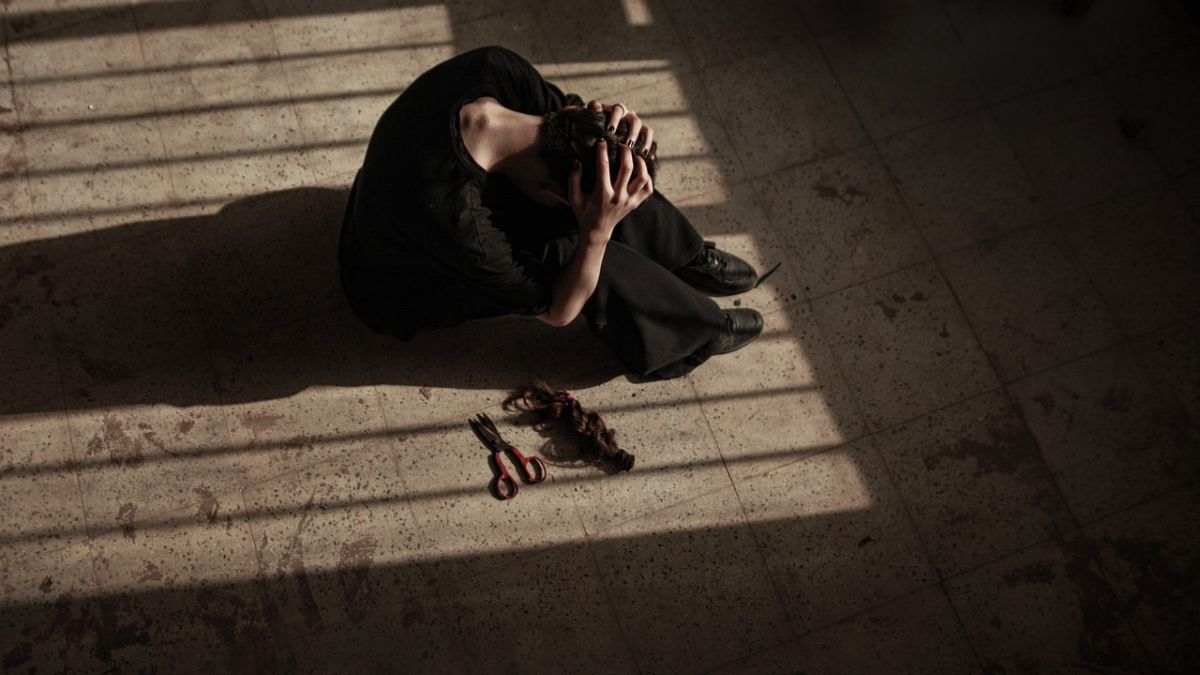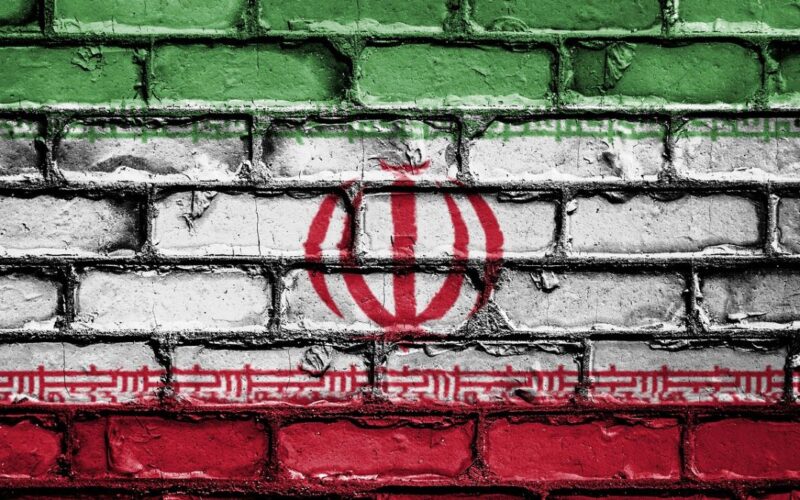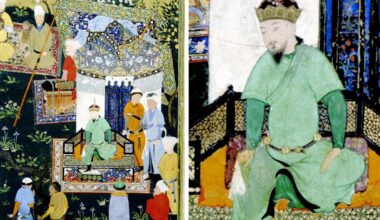Iran’s transformation into a nation often labeled a “rogue state” by the West is a complex story shaped by decades of political upheaval, regional tensions, and international distrust. This article explores the key factors that have contributed to Iran’s current standing, acknowledging the multifaceted nature of the issue.
The 1979 Revolution and Its Aftermath
The 1979 Iranian Revolution, which toppled the US-backed Shah Mohammad Reza Pahlavi, marked a turning point in the nation’s history. The revolution ushered in an Islamic Republic led by Ayatollah Ruhollah Khomeini, who envisioned an Iran free from Western influence and governed by Islamic principles. This ideological shift immediately strained relations with the United States, which viewed the new regime with suspicion.
The Iran hostage crisis of 1979-1981, where Iranian students held American embassy staff captive for 444 days, further deepened the rift. The US imposed economic sanctions on Iran, a tactic that would become a recurring theme in their relationship.
The Iran-Iraq War (1980-1988)
The Iran-Iraq War, a brutal eight-year conflict that claimed over a million lives, significantly impacted Iran. Feeling threatened by the newly established Islamic Republic, Saddam Hussein’s Iraq invaded Iran in 1980. The war exposed Iran’s military vulnerabilities and its need to develop its own defense capabilities. This, in turn, fueled concerns about Iran’s long-term intentions, particularly regarding its nuclear program.

The Nuclear Program and International Tensions
Iran’s nuclear program has been a major source of international tension for decades. The West suspects Iran of aiming to develop nuclear weapons, a claim Iran vehemently denies. Iran insists its program is for peaceful purposes only, such as energy generation.
The 2015 Joint Comprehensive Plan of Action (JCPOA), also known as the Iran nuclear deal, was a landmark agreement aimed at curbing Iran’s nuclear ambitions in exchange for sanctions relief. However, the deal faced criticism from both sides. US withdrawal from the JCPOA in 2018 under the Trump administration significantly escalated tensions.
Sanctions and Their Impact
Economic sanctions imposed by the US and other Western nations have had a crippling effect on Iran’s economy. Inflation, unemployment, and shortages of essential goods have plagued the Iranian people. While intended to pressure Iran into concessions on its nuclear program and other issues, the sanctions have arguably strengthened the hardliners within the Iranian government and fueled anti-Western sentiment among the populace.
Human Rights Concerns
Iran’s human rights record is another cause for international concern. The government restricts freedom of speech, assembly, and the press. Executions, torture, and arbitrary detentions are documented.
However, it’s important to note that views on Iran’s human rights abuses differ. The Iranian government justifies its actions as necessary for maintaining national security and stability.

The “Rogue State” Label and Its Implications
The term “rogue state” is a loaded one, often used to describe nations that sponsor terrorism, possess weapons of mass destruction, and defy international norms.
Whether Iran truly fits this definition is a matter of debate. Iran does support some militant groups in the region, but the extent of its involvement is contested. Iran’s nuclear program remains a concern, but it hasn’t demonstrably violated international agreements.
Labeling Iran a “rogue state” simplifies a complex situation and can hinder diplomatic efforts. It reinforces a narrative of “us vs. them” and makes dialogue more difficult.
The Road Ahead
The future trajectory of Iran’s relationship with the West remains uncertain. Reviving the JCPOA or negotiating a new agreement could be a step towards de-escalation. Addressing human rights concerns and finding common ground on regional issues will also be crucial.
Understanding the historical context, the complexities of Iran’s internal politics, and the regional dynamics is essential for navigating this challenging relationship.
Iran’s path from revolutionary fervor to a nation labeled a “rogue state” is a story marked by ideology, conflict, and international distrust. Moving forward, a nuanced understanding of the issues and a commitment to diplomacy will be essential for fostering a more stable and secure future for Iran and the region.










